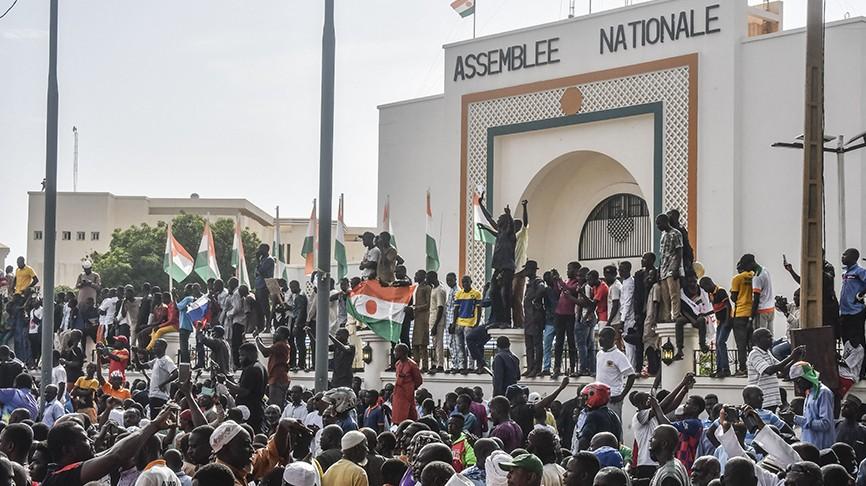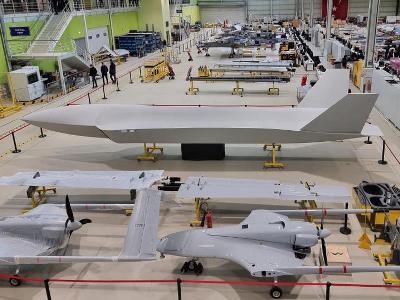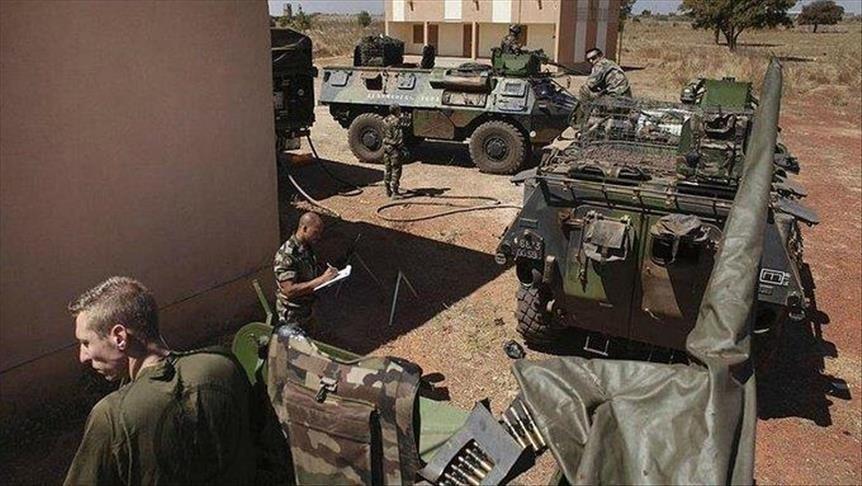Unpacking Türkiye’s role in Africa New partner vs old enmity
On July 15, a high-level Turkish delegation led by Foreign Minister Hakan Fidan, including the defence minister and intelligence chief, landed in Africa's Niger to discuss deeper cooperation between the two countries. The visit served to reflect the new phase in Türkiye's transformation of relations with African countries, which was the first of its kind since a government change in that country last year. For Niger, revitalizing diplomatic ties with countries beyond the region seems a rational choice in the post-military coup period.
In July 2023, a military coup d’état took place in Niger in which several factions of the armed forces seized power and suspended the constitution. President Mohamed Bazoum was placed under house arrest. Despite the international community's efforts to bring back constitutional order, the junta government refused to compromise and release the former president. Unlike the previous government, the new junta government took a harsh anti-France stance, accusing it of "exploiting the country's security and natural resources" and "interfering in domestic affairs." Hence, the new government demanded the withdrawal of French troops from Niger, another sign of Paris’s waning influence in francophone West Africa.

As a result, the new government developed a more intensive partnership with Russia and, recently, Türkiye to alleviate regional tensions. However, Niger bordering unstable countries like Mali and Burkina Faso still is not able to overcome radical jihadist challenges posed by al-Qaeda and the Islamic State’s African branches. Consequently, the French troop's removal from Niger emboldened various armed groups to re-launch their attacks on border areas, thus filling tensions. Already in the first six months of 2023, the Sahel has witnessed more than 1,800 terror attacks.
In this vein, Niger, like other fragile regional states, sought new partners with the capability of providing security and additional benefits. Given Ankara’s successful intervention in Libya in 2020 to crack down on radical Islamist armed groups, Niger enthusiastically agreed to boost relations with Türkiye. In the same period, Ankara and Niamey subsequently signed a broader set of economic and defence cooperation agreements in July 2020, including a military training cooperation agreement.

Following a November 2021 arms deal, Niger received six Turkish-made Bayraktar TB2 drones and 12 Hürkuş-B air combat trainers, capable of also performing light-attack and armed reconnaissance combat missions.
Indeed, since 2010, Türkiye embraced a more pragmatic policy toward Africa, establishing more than 20 embassies in different countries within a few years. Moreover, recently, Ankara openly highlighted its partnership with Somalia, sending an exploration vessel off the coast of Somalia later this year to search for oil and gas as part of a hydrocarbon cooperation deal between the two countries. The dynamic bilateral partnership began in 2017 when Türkiye opened its most enormous overseas military base in Mogadishu and provided continuous military training to local military and police forces.

Undoubtedly, the fruitful cooperation with Somalia in strategically important fields despite volatile security paved the way for Ankara to become an attractive partner for Niger as well. In turn, Niger is willing to fill the gap left by Western troops and companies after the coup in 2023. On the other hand, the junta government in Niger perceived the presence of Western troops on its soil as an existential threat, while Türkiye's military involvement did not include any political agenda.
Türkiye’s geopolitical and commercial interests span the Middle East and West Africa, and it is poised to significantly upgrade its role as a middle power. This factor explains the visit of a high-level Turkish delegation to Niger that resulted in the signing of additional cooperation agreements to support and encourage Turkish companies to improve oil and natural gas fields in Niger. Furthermore, NATO member Türkiye’s involvement in the economic and security fields of Niger could receive favor from the United States (US) despite frayed relations with Ankara. As such, Ankara's presence in the country could be a fair counter against Russia's rising footprint in this country.








